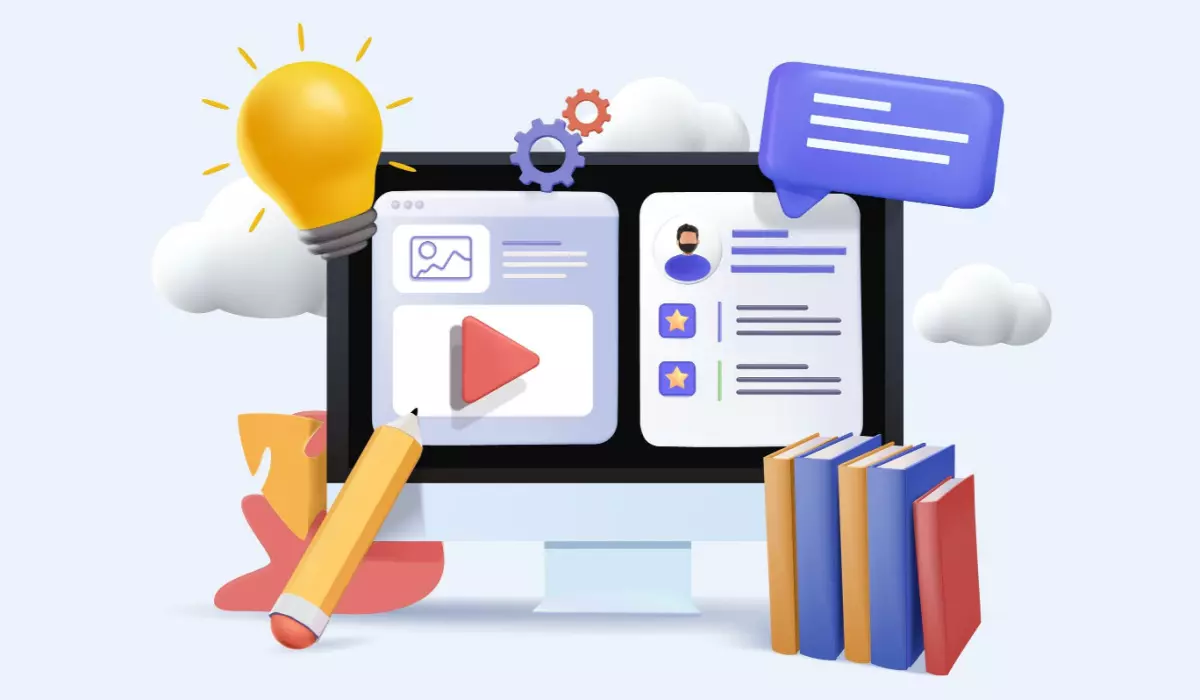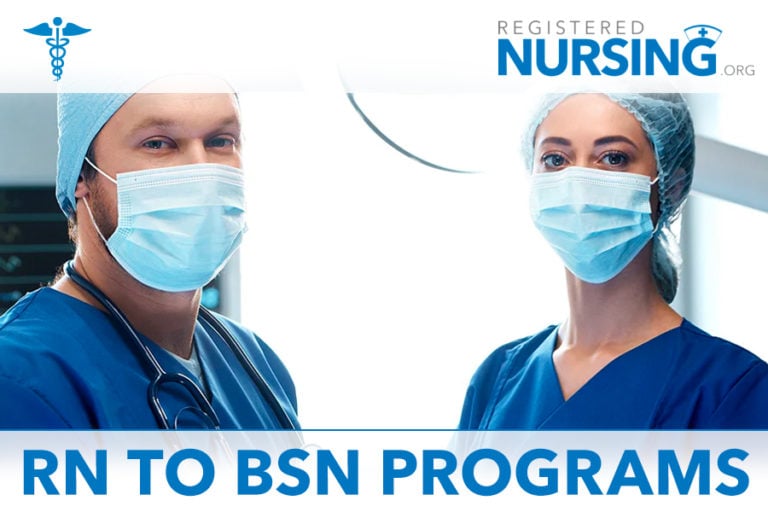You are ready to apply for college, but you don't have the funds to pay for your entire education. You might think that student loan is a necessary evil. There are a lot of students who are taking student loans and fulfill their college funds.
But you don't have to become a part of the student loan as there are many alternatives to borrowing money. Here are some reasons that why the loan is the potential risk for you that are as given below:
You will have to Pay Interest:
One of the worst things about loans is that you will have to pay more than originally borrowed. In most countries, the average interest rate across all student loans is 5.8%, but that can vary depending on the type of loan you have taken. Furthermore, with private student loans, interest can vary depending on your or your cosigner's credit score and other factors.
In addition to this federal interest, the loan has a fixed amount of rate. The interest rates annually change on newly issued federal direct loans. In addition to this while, the federal student loan rates will take a dip soon. So, keep in mind that new loans are not something that you have any control over since it varies each year. So, remember that before considering the private loans, you will also end up paying more than what you initially borrowed.
Student Loan Repayment Can Lead to Delinquency and Default:
After just graduating from college, you may find yourself living on a modest income. If you have student loan debt, then it could be a bit of a struggle or challenge to make those monthly payments. In addition to this, if you don't make payment on time, then your loan becomes delinquent.
There is commonly a grace period of 15 days before borrowers will be faced with any late fees. If your loan is more than 19 days delinquent, then your loan servicer will report this to credit bureaus, and in this way, your credit score will directly go down. In addition to this, if your loan is still delinquent after 270 days, then it goes into default. Remember that once your loan goes into default, there are many consequences, including losing additional federal student aid eligibility.
Your wages will be garnished. In addition to this, your employer may be required to withhold some of your pay and send it to the loan holder to repay the loan. Furthermore, your lender might take you to court, and it may take months or years to get your credit score back in good standing.
Loans can hurt your Debt Income Ratio:
Your debt-to-income ratio is, like it sounds, the percentage of debt that you owe compared with your income. So, the more of your income spent on the debt payments, the higher your debt-to-income ratio will be kept in mind. The ratio is under 36%. If it is much higher, then you may have to get another loan down the road. For example, when applying for a home loan, the debt-to-income ratio is one factor determining your eligibility.
As a result of loan debt, many young graduates have ended up delaying major life decisions, like buying a home or car, getting married, or saving for retirement. But believe it or not, you don't have to go into debt to attend college. So, it is better to take a look at alternatives as compared to applying for student loans.
Putting off Other Goals:
Many college graduates find themselves paying higher amounts, especially those who had to take out private student loans. So, in this way, the money you could be using to save for down payment on a house, finance a wedding or invest for your long-term financial goal.
In case if you have got a substantial amount of student loan debt, then you might not be able to start pursuing these other financial goals until after you have finished paying off your debt, and at that point, you will have to double your efforts to make up for a lost time.
Student Loan Can Be Expensive:
When you borrow the student loan for your college, remember that you don't just have to pay the amount you have borrowed, but you also have to pay back interest. The interest can be comparable to a credit card.
If you can afford to pay for the college without a student loan, then it would be in your best interest to do so. If you are considering borrowing a loan, always try for a federal student loan first before turning to private student loan companies to save the most money. So always try not to borrow the student loan because they are expensive to pay, and if you don't pay, it can be harmful to you.










.jpg)


